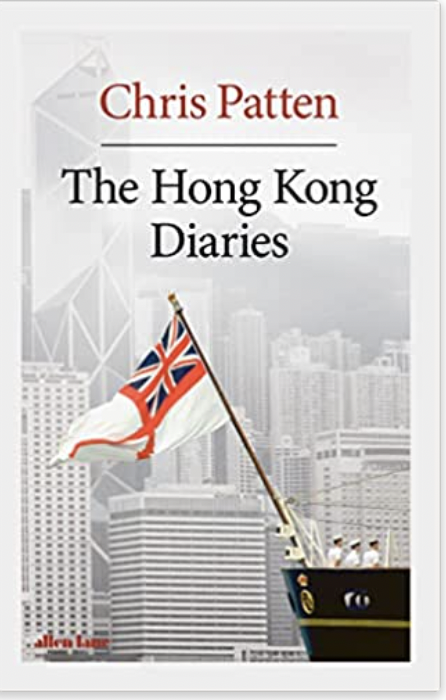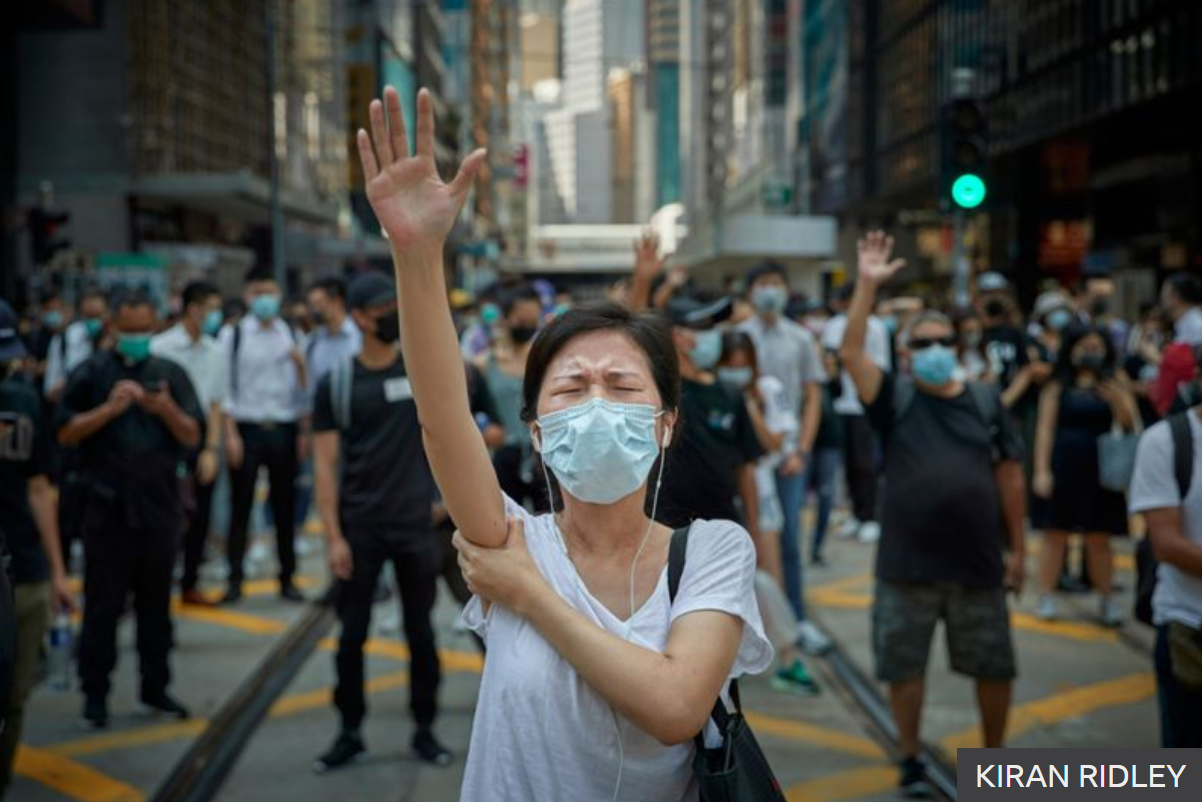
China’s repression of Hong Kong



Ex-Conservative party chair, Chris Patton the last British governor of Hong Kong who served governor cover from 1992 to 1997, visited a psychiatric hospital where he was accosted by a patient demanding “Why your democracy is handing Hong Kong, a fine and free city, over to a communist society without ever having consulted the 7.5 million people who live here about what they want”.
UK’s dilemma over its Hong Kong colony, which it ruled for 150 years, and eventually handed back to China in 1997, as China’s rule turned out to be a bigger existential problem than the diplomatic embarrassment it represented for the British. Chinese suppression of Hong Kong had worsened after the Tiananmen Square protest in Beijing in 1989, and after the rise to power of the ruthless Xi Jinping in 2013, the communist party became more assertive in suppressing Hong Kong’s freedoms and undermining the autonomy supposedly guaranteed for 50 years by treaty with the British. Hong Kong had been leased for 99 years previously from China.
China broke the promises insidiously and later openly suddenly impacted the lives of Hong Kongers.
Patton had lost his Bath seat as an MP in the 1992 general election when he was given the consolation prize of Hong Kong by Prime Minister John Major.
The Hong Kong Diaries gives unprecedented insights into negotiation with the Chinese, how the institutions of democracy in Hong Kong were ( belatedly) strengthened and how Patten sought to ensure that a strong degree of self-government would continue after 1997. His opponents included not only the Chinese themselves, but some British businessmen and civil service mandarins upset by Patten’s efforts, from whom political freedom and the rule of law in Hong Kong seemed less important than keeping on the right side of Beijing. Famously branded by China as “a sinner for a thousand years, a prostitute and a triple violator of the 1984 Sino-British Joint Declaration,” Patten describes the Chinese leaders at the transfer ceremony as “the coelacanths of Leninism, rich, mighty, a bit seedy, cruel, corrupt, depressingly unimpressive”. He writes in his preface that subsequent events proved, a story of broken promises, and totalitarian vandalism”.
He describes the British and Hong Kong business leaders as “creeps” and “toadies” and the UK diplomat who undermined his attempts to stand up to Beijing and secure a better deal for Hong Kong. David Young of Cable and Wireless ( a company “kowtowing”) it’s way incompetently to disaster. William Purves of HSBC, and Percy Cradock, former UK Ambassador to China.
The heroes include Anston Chan, whom Patton chose to run his administration, irrelevant newspaper founder Jimmy Lai ( now Jailed) and Simon Murray, John Major, and his foreign secretary Malcolm Rifkind.
Patten argues that for Britain and any other country to abandon liberal principles and yield to the Chinese Communist party’s demands at every opportunity brings neither political nor commercial benefits. The trade and investment statistics from the final decades of British rule do indeed suggest there is a little co-relation between groveling and real rewards for business.
Less than a year before the handover Qian Quichen, the foreign minister who is described by Patton as one of the more reasonable interlocutors on the Chinese side, asserts that there will be no more vigils in Hong Kong to commemorate Tiananmen and no more criticisms of Chinese leaders once Beijing takes over. US diplomat Morton Abramowitz had told Patten the previous year, “ hardly anyone believes this nonsense” about China sticking to the Basic Law.
The Hong Kong Diaries by Chris Patton, Allen Lane, £30, 560 pages
